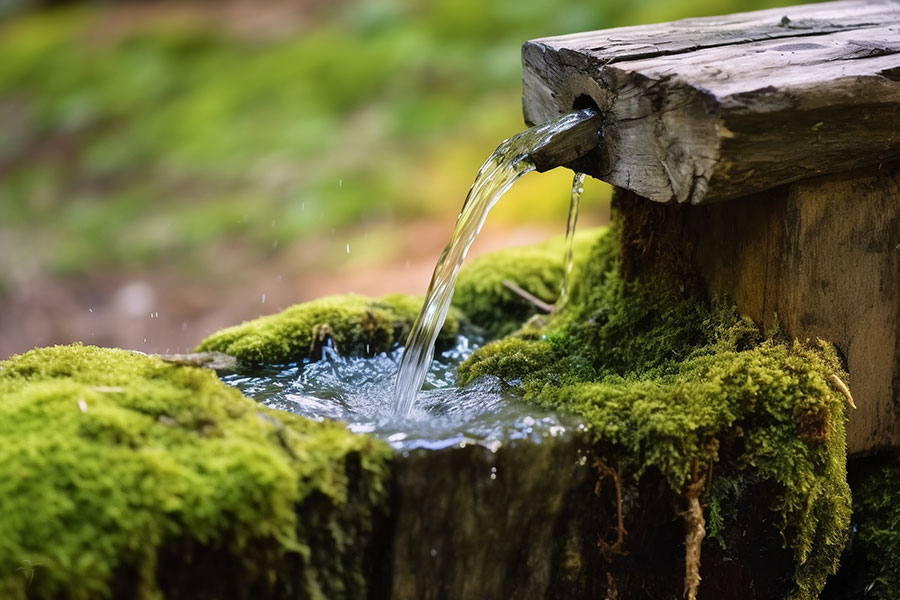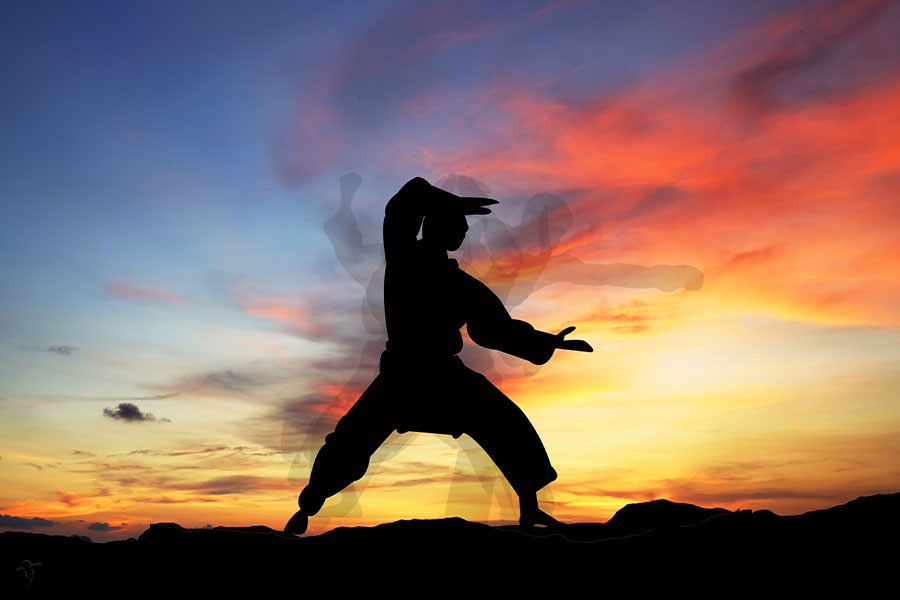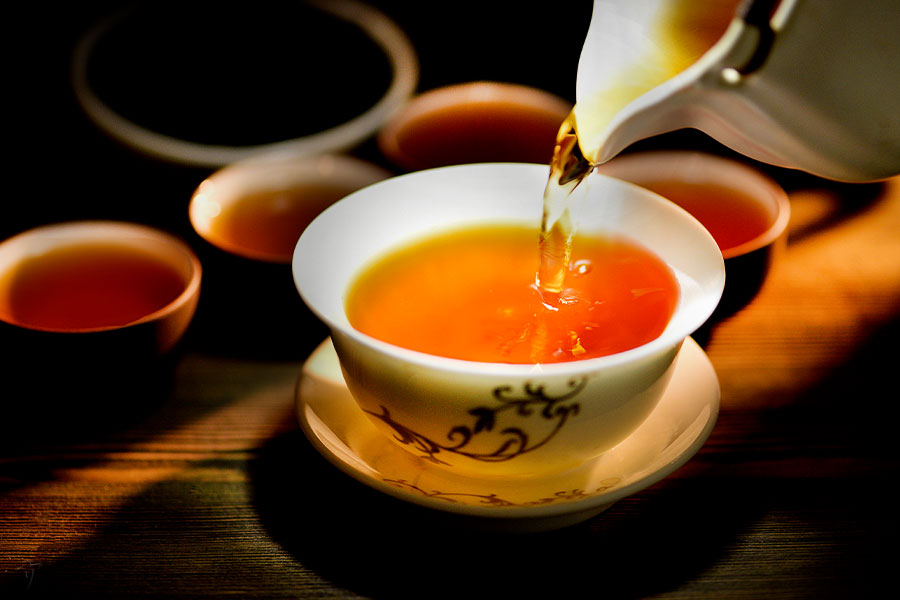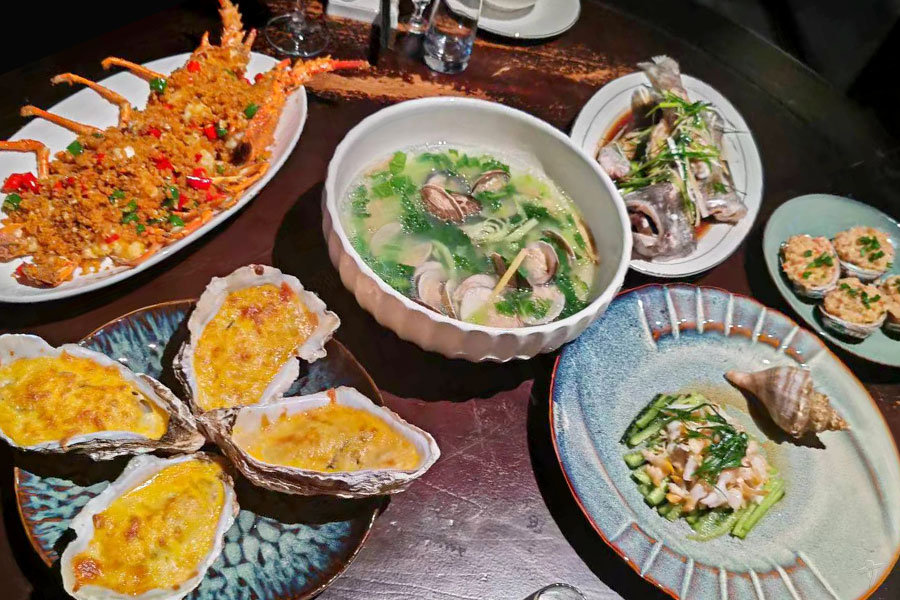4. Water for Tea-making in Chinese History

To a great degree, the taste of tea depends on the quality of tea-leaves, but water quality plays a crucial part in tea making as well. Since the ancient times Chinese have tried all kinds of waters and summarized the best waters for the taste of tea, even though some of them sound fabulous for modern people.
1. “Heavenly Waters”
- Rainwater. It was extremely stressed in Ming Dynasty and rains in different seasons were rated by quality from high to low: autumn, plum rain season (the transitional season connecting spring and summer in South China, during which plums are ripe, hence the name), spring. Torrential rain often happened in summer mixed with much dust, so it was not suggested to make tea with it. While collecting rainwater, ancient collectors would do it with a clean white cloth to filter impurities. Rainwater streaming from eaves was never used for tea making.
- Snow-broth. “The year of snow, the year of fertility” is an old Chinese saying indicating the importance of snow for agriculture. Ancient Chinese considered that snow-broth was an essence for the five cereals, so it was a most favorite choice for tea making.
- Dew. In ancient China, dew was also hailed as “heavenly wine”, which was seen as the drink of the immortals in the heaven, just it was mentioned in the “Shan Hai Ching” (an immemorial Chinese classic). It was Emperor Qianlong of Qing Dynasty who paid most attention to drinking dew. He was fond of collecting the dews on lotus leaves in the Taiping Lake every year he spent his summer at the Chengde Summer Resort.
2. Famous Springs
In Tang Dynasty:
- Zhongling Spring at Jinshan Temple in Zhenjiang
- Spring of Huishan Temple in Wuxi
- Spring of Tigrt Hill Temple in Suzhou
In Ming Dynasty:
- Spring of Huishan Temple in Wuxi
- Zhongling Spring at Jinshan Temple in Zhenjiang
- Running Tiger Spring in Hangzhou
In Qing Dynasty:
- Jade Spring in Jade Spring Mountain of Beijing
- Zhongling Spring at Jinshan Temple in Zhenjiang
- Spring of Huishan Temple in Wuxi
Related Readings
Top Topics

Chinese Kung Fu
Far and wide known as Kungfu (功夫) all over the world, Chinese martial art is also called Wugong (武功) or Wushu (武术) at home by Chinese people. It ca...

Chinese Tea
Being a vivid Chinese cultural specialty as well as Kungfu and traditional Chinese medicine, Chinese tea has been being developed in China for a lo...

Chinese Cuisine
"Food is the first necessity of the people" is a famous Chinese old saying, which reflects that Chinese have had paid much attention to food si...




